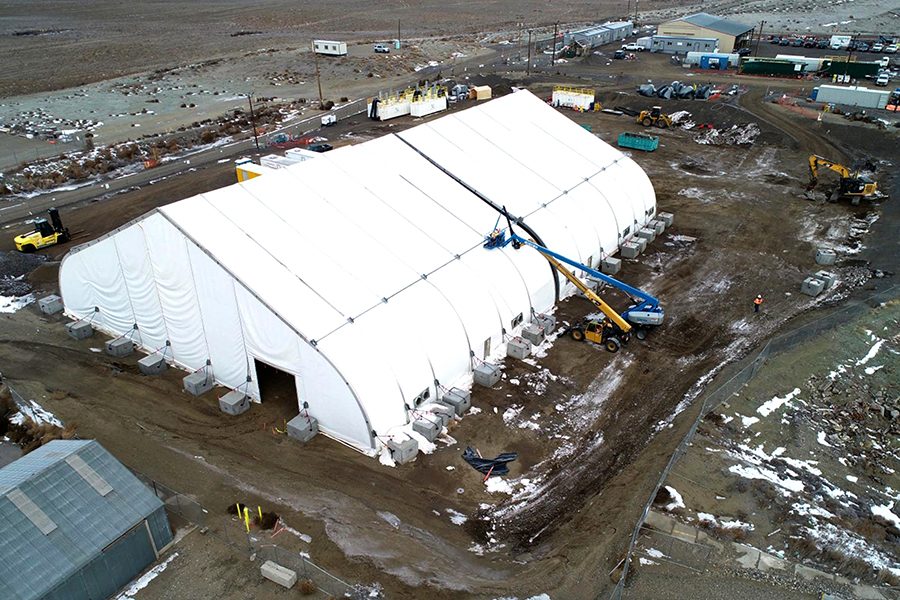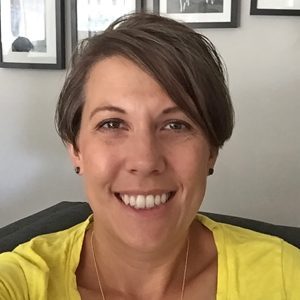
Home » National engineering firm buys Richland environmental company
National engineering firm buys Richland environmental company

PBS Engineering and Environmental assisted with remediation efforts at thePasco Landfill to remove contaminated groundwater over a two-year process.
Courtesy PBS Engineering and EnvironmentalApril 15, 2024
A national company has acquired a local environmental consulting and engineering firm, adding about 300 employees from PBS Engineering and Environmental to the 1,100-plus already with Apex Companies, an industry leader in environmental service fields, including water, health and safety, infrastructure, compliance and assurance.
“Combining our talented teams allows both companies to offer a wider range of services, enhances our geographic coverage, boosts our workforce, and empowers us to address a wider array of client needs in-house,” said Brian Stanford, PBS CEO and president, in a statement.
Currently operating out of 400 Bradley Blvd. in Richland, PBS will continue under its current name and its 30 local employees will remain on staff, led locally by Jason Mattox, a professional engineer and PBS’ operations manager.
The firm also has an office in Walla Walla and other locations throughout Washington and Oregon. The acquisition expands the company’s presence to serve all 50 states.
As the name suggests, PBS Engineering and Environmental offers a whole host of services, including civil, environmental, geotechnical, structural, traffic and water resource engineering, along with health and safety, surveying, landscape architecture and geospatial work. The company serves a wide range of customers, including contractors, developers and homeowners.
“It kind of fits into different buckets from an environmental standpoint,” Mattox said. “The way most people would generally think about our services, they think about an environmental umbrella, but inside our walls, we break it down into different environmental stuff that could be dirt-related, like cleanup of soils or water, air quality, waste water compliance, effects on erosion, worker safety and field services, including both the natural and built environment.”
Property assessments
Those looking to buy property may be subject to an environmental assessment, typically part of the lending process, and would seek PBS’ help.
“Lenders are keenly interested in it because they want to ensure they are lending against something that could actually happen, or if there’s liabilities that could result in additional costs,” Mattox said. “They’d want to know if there are any environmental concerns on record that we should know about before we purchase the property.”
These are likely to be the issues that aren't immediately visible just by looking at the property. Mattox said a typical case they run into locally, especially in Richland related to urban growth connected with the Manhattan Project, is finding buried heating oil tanks left behind or covered up as the city developed.
“You have all this old infrastructure in place from the ’50s, ’60s era, and those were steel construction, and a way people heated their homes. Largely, people have gone away from it, and the tank stayed in the backyard and people left it or forgot it,” Mattox said.
In cases like this, PBS doesn’t typically need to dig into the ground to find the tank’s location. The team would study historical records, including aerial photos, and maybe physically walk the site, which would provide a good idea of what’s potentially hidden below.
“We’ll investigate to see if you have a contaminate problem within the soil, does it have to be cleaned up, what does that look like,” he said.
Mattox said it’s also common for PBS to find hazardous items that weren’t stored appropriately on private property, creating potential contamination, like from oil or paint cans in a backyard shed.
Large-scale cleanups
Along with the individual cases, the company has been part of large-scale cleanup efforts or consulting, including a recent gasoline tank leak in Walla Walla that caused closures and affected the Marcus Whitman Hotel and a U.S. Postal Service building last fall. Cleanup continues to remediate effects from leaking underground storage tanks.
Established in 1982, PBS has had a role in other high-profile projects over the years, including the recent remediation of soil and groundwater contamination at the Pasco Landfill site. Mattox said it was known for decades that solvents, herbicides, sludges and industrial wastes, known as volatile organic chemicals, had been stored onsite and were leaching into the soil.
The Richland company handled most of the environmental compliance to manage the cleanup, which took the better part of two years.
“We set up a containment unit – a large tent – on top of the site and brought in all the equipment, including running negative pressure to not allow anything that was escaping out of the soil to be released, and we had people outside monitoring the air quality there,” Mattox said. He recalled the need to move the large containment tent and interior equipment six different times to cover the full extent of land with contaminated groundwater below.
Pasco road project
Currently, PBS has taken part in the environmental impact of the widespread work underway on Broadmoor Boulevard and Road 100 in west Pasco. The city is readjusting the road near the interstate to promote future development and needed to assessed potential effects on the environment with mitigation plans prior to starting work.
Covering environmental consulting and engineering services across infrastructure, private, public, education and industrial markets, PBS’ Richland office employs a host of environmental scientists, geologists, environmental engineers, building scientists and industrial hygienists.
Unique position
The company is unique in that it is one of the only locations locally with employees working in these disciplines but not affiliated with the Hanford site or Pacific Northwest National Laboratory.
PBS has been a subcontractor at times for federal work but doesn't go after contracts routinely.
While plenty of the environmental work done by PBS may be part of the public record, published in reports from the state Department of Ecology or Oregon Department of Environmental Quality as a condition of a permit, Mattox said they oftentimes have confidential clients.
“We'll be working for an attorney or an insurance company. Maybe there’s something a company has that wasn’t their fault, but they have to deal with the claim, so they’ll ask us to come in and provide oversight or third-party review of documents.”
Mattox said in this field, PBS also is unique in having its workers complete projects locally.
“You’ll often find people who are like, ‘Well, I’m working on something all the way across the country, a project I’ll never see, never lay eyes on. So, what I enjoy about PBS is, a lot of the projects we work on are all projects we get to see and be a part of in our community, from planning, to designing, to seeing them constructed, and that’s a unique thing.”
Go to: pbsusa.com.
Latest News Environment
KEYWORDS April 2024
Related Articles





